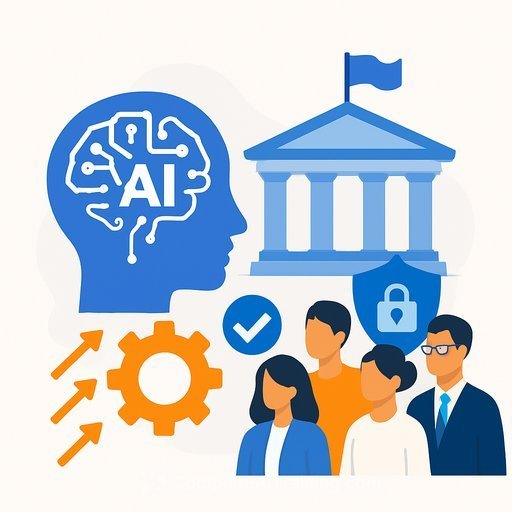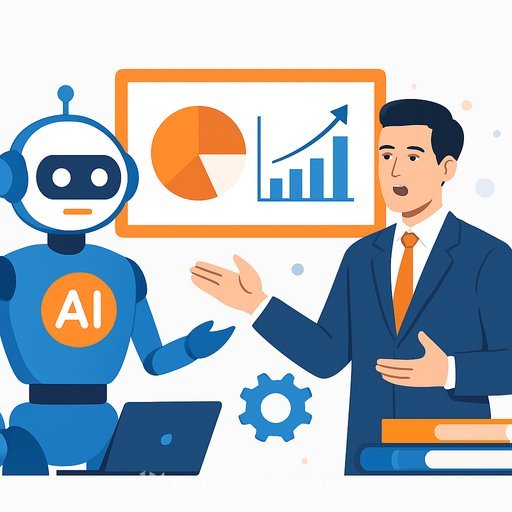Here’s How Much More AI-Skilled Workers Make
Artificial intelligence skills have become highly valuable across the job market, with employers offering significant pay premiums for workers who bring AI expertise. This trend extends beyond tech roles, affecting a broad range of industries and job functions.
Salary Premiums for AI Skills: What the Data Shows
Recent data paints a clear picture: AI competencies translate into higher pay. According to CNBC, job postings increasingly highlight AI skills, offering salary incentives even in traditionally non-technical roles. This shift reflects businesses’ urgent need to adapt to automation and fill talent gaps.
Lightcast, a tech industry research group, analyzed over 1.3 billion job ads and found that positions requiring AI skills offered a 28% salary premium—roughly an extra $18,000 annually. When job listings demanded two or more AI skills, the premium jumped to 43%.
Elena Magrini, head of global research at Lightcast, confirmed that employers are willing to pay more for AI capabilities, signaling a growing recognition of their importance.
Practical Skills Outperform Certifications
A study by Foote Partners highlights that employers value demonstrated AI ability over credentials. Workers with practical AI skills earn 19% to 23% more, compared to a 9% to 11% boost for those holding AI certifications. This suggests hands-on experience is crucial in today’s market.
Global Trends and Sector Impact
PwC’s 2025 AI Jobs Barometer indicates that AI-skilled employees can earn up to 56% more than their counterparts without these skills. This trend spans multiple sectors including marketing, finance, human resources, and education, where AI tools are becoming common.
In the United Kingdom, data from CIO Dive shows AI skill requirements command a 23% wage premium, higher than that of a master’s degree (13%) but below the premium for PhDs (33%). Both men and women with AI skills tend to receive salaries 12%–13% above those without.
Why Are AI Skills So Valuable?
The shift reflects a move toward “task-based hiring.” AI automates routine work, making adaptability and AI-related skills like prompt engineering and critical thinking more important than traditional qualifications. Employers want workers who can effectively collaborate with AI tools and make informed decisions.
Challenges and Opportunities for HR
While AI skills command higher pay, many workers outside tech have yet to upskill. This creates a gap that HR departments need to address. AI talent is in high demand, and recruitment systems often struggle to identify and attract these candidates efficiently.
It’s clear AI skills are becoming a core professional credential, not just a technical specialty. Companies are rewarding employees who apply AI across business functions, signaling a shift toward skills-first hiring. Workers who adapt can expect top compensation; those who don’t risk falling behind.
What HR Professionals Should Do Next
- Focus on identifying candidates with practical AI skills rather than just certifications.
- Encourage upskilling programs to help current employees build AI competencies.
- Update job descriptions to highlight AI skills relevant to each role.
- Monitor salary trends to remain competitive in attracting AI talent.
For HR professionals looking to support AI skill development, resources like Complete AI Training offer courses tailored to various skill levels and job functions.
Your membership also unlocks:






